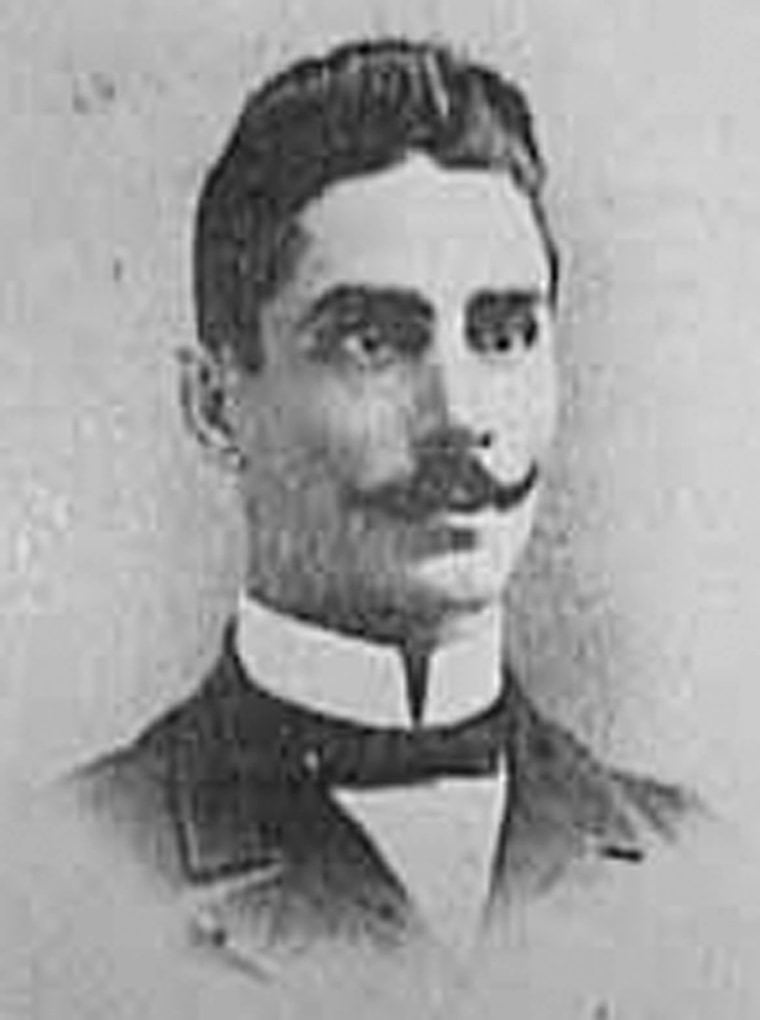A real-life Prohibition era mobster in Rock Island, Ill., Looney’s life loosely served as the basis for a feature-length comic book titled “Road to Perdition,” which was later made into a movie of the same name.
Looney, renamed Rooney and played by Paul Newman in the 2002 film, controlled illegal gambling, prostitution, bootleg liquor, stolen autos and extortion in a swathe along the river extending from Missouri to Wisconsin from the early 1900s through the mid-‘20s.
Born in Ottawa in 1865, Looney appeared to be crafting a more-conventional success story, practicing law, getting involved in local politics, starting a newspaper and dabbling in theater.
But a construction scandal in 1897 and subsequent indictment on charges of bribery, extortion and libel led to his being beaten by Rock Island Mayor H.M. Schriver after he accused the city’s leader in his newspaper of “spending day and night in Peoria in a filthy debauch with Ethel.”
After a deadly riot two days later that was orchestrated by Looney’s supporters, Looney fled to New Mexico, where he spent the next nine years. But he returned to Rock Island in 1921 and tried to re-establish his vice empire, with deadly results. His son and bodyguard, Connor, was killed when rivals opened fire on a car in which he was sitting with his father.
Looney was convicted of the murder of saloonkeeper William Gabel in 1925 and sent to prison for 14 years. After his release on April 7, 1934, at age 68, he kept a low profile until dying of tuberculosis in El Paso, Texas, in 1947.
